After Typhoon Yagi passed, we saw the “collective strength” when the whole community joined hands to help people affected by storms and floods. However, how can we make community action different and create sustainable values instead of just giving and receiving, donating once?
GNI's "Promoting Learning Exchange" Initiative
Vietnam is making efforts to promote action programs or initiatives for the community, contributing to solving social security issues. These activities are taking place vigorously, reaching most difficult areas, including providing essential food and foodstuffs, supporting clean water for households, donating warm clothes, books or building solid schools for children in mountainous areas...
However, in reality, many volunteer activities are still spontaneous, not closely related to the needs of children and local people or only solve immediate problems, with low sustainability. In addition, the constant acquaintance and farewell with one-time volunteer groups in the community can have a negative impact on the emotions and connections of children and people.
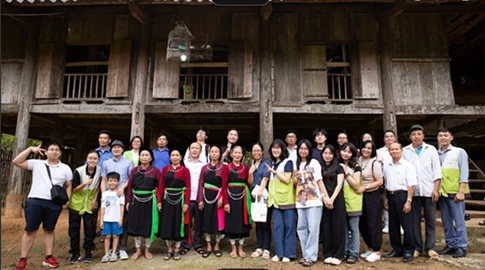 |
| GNI implements the exchange model "Exchange for Change (E4C) - Exchange towards change" |
As a bridge between donors and the community, Good Neighbors International (GNI) has recognized the limitations of many current charitable activities. Therefore, GNI has implemented the “Exchange for Change (E4C)” model. Accordingly, the model builds a relationship of understanding between the volunteer group and the local community, creating opportunities for both sides to exchange culture and knowledge, and cooperate to find more creative and sustainable solutions to support the community.
Exchange for Change - Exchange for Change
Implemented from 2023 to present, the E4C model aims to inspire participants to develop themselves and solve community problems, in which GNI plays a connecting and organizing role.
The difference of the E4C model is the creation of opportunities for two-way interaction: both the volunteer group and local people participate in planning and organizing exchange activities. In which, people in the community provide information about the current situation and needs; the volunteer group (individuals/groups/enterprises/agencies) proposes exchange and donation activities based on their strengths. With the aim of introducing and promoting indigenous culture and increasing cohesion, localities often propose organizing cultural exchanges, playing folk games such as throwing con, jumping bamboo poles, pushing sticks, and kicking swallows, etc.
On the volunteer side, activities such as organizing reading for students; teaching about environmental protection; joining hands with local people to pick up trash and clear bushes around water sources; or experiencing and providing material support for the group raising fish in cages at Hoa Binh hydroelectric reservoir... are activities that not only help solve local problems, but also bring the group extremely unique experiences.
With the E4C model, not only do local people benefit, but volunteer members also gain many values: they broaden their knowledge about cultural diversity, understand the reality of the situation of children and people, and can share their own knowledge, experience and resources to help the community.
“When interacting with teachers, students and local people, I learned a lot about the lives of the Ban Ria people, knowledge that I could not learn from books. I understood more about the educational practices and the difficulties of teachers and students, especially when implementing new programs and textbooks. All of those experiences were truly valuable experiences that I would hardly have had without this trip.” - Dr. Nguyen Thi Ngoc Minh, Lecturer of the Faculty of Literature, Hanoi National University of Education shared.
Not only stopping at a day of interaction, the relationship between the volunteer group and the community continues to be sustainable with cooperation and sharing plans after the exchange trip.
Diverse exchange topics, bringing positive changes
Four exchange trips with three different topics were implemented by GNI in three provinces of Ha Giang, Tuyen Quang and Hoa Binh: (1) Exchange to develop reading culture at Ban Ria Primary and Secondary School, Quang Binh district with the participation of 315 students, 29 teachers and 17 volunteers; (2) Exchange on Environmental Protection with 25 children, 25 adults, 45 Youth Union and Women's Union members, 15 volunteers in Cao Ngoi village, Son Duong district. (3) Exchange to experience the eco-tourism model at Hoa Binh hydropower reservoir with the participation of 07 households who are members of the fish cage farming group and 17 volunteers. (04) Exchange to learn about GNI's community support activities and experience the activities of the fish cage farming group at Hoa Binh hydropower reservoir with the participation of 28 students from the US and China.
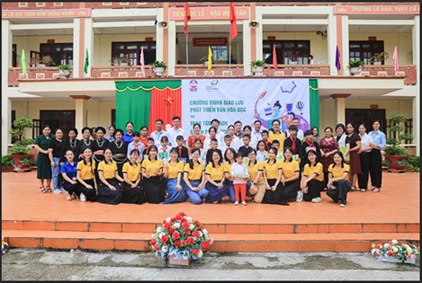 |
| Four exchange trips with three different topics were carried out by GNI in three provinces of Ha Giang, Tuyen Quang and Hoa Binh. |
Through the exchange, the volunteer groups understood the difficulties of the community and donated items (books, toys, vacuum cleaners, water tanks), working days, and very useful expert services. The total value of the donations from the 3 volunteer groups reached nearly 150 million VND.
“The exchange not only helps students have the opportunity to participate in reading activities with a method that combines learning and playing, but also creates conditions for teachers at the school to learn about methods of organizing reading activities with students . In particular, the books donated by GNI and the Open Books project have added motivation and joy to the students when they go to school.” - Ms. Hoang Thi Xuyen, Principal of Ban Ria Boarding Primary and Secondary School for Ethnic Minorities shared.
“This program is very meaningful, especially the activities of instructing children about environmental protection or working with the local people and the Youth Union to clean up the stream. These are very useful activities and help maintain environmental hygiene in the village. Thank you to the volunteer group for coming to the village to exchange, to share knowledge and help people here understand more about environmental protection.” - Mr. Tran Van Thang, Head of the Front Committee of Cao Ngoi village shared.
It can be seen that the E4C project does not stop at a one-time exchange but aims to raise awareness of relevant people about their community's issues, forming long-term cooperative relationships - developing together.
The "Exchange for Change" project not only contributes to creating an environment for mutual development but also provides opportunities for each individual to develop their potential and contribute to the community. From there, one-way charity activities - one-time - are transformed into an exchange model with the expectation of bringing value to all participants, aiming at sustainable change for the community. Web: https://goodneighbors.vn/ Page: https://www.facebook.com/GoodNeighborsVietnam Youtube: https://www.youtube.com/playlist?list=PLJmcyG4ardufvV1nS-6z4NRn5H7wktwwy |
Source: https://baoquocte.vn/exchange-for-change-mo-hinh-moi-cua-gni-cho-cac-hoat-dong-chung-tay-phat-trien-cong-dong-289536.html









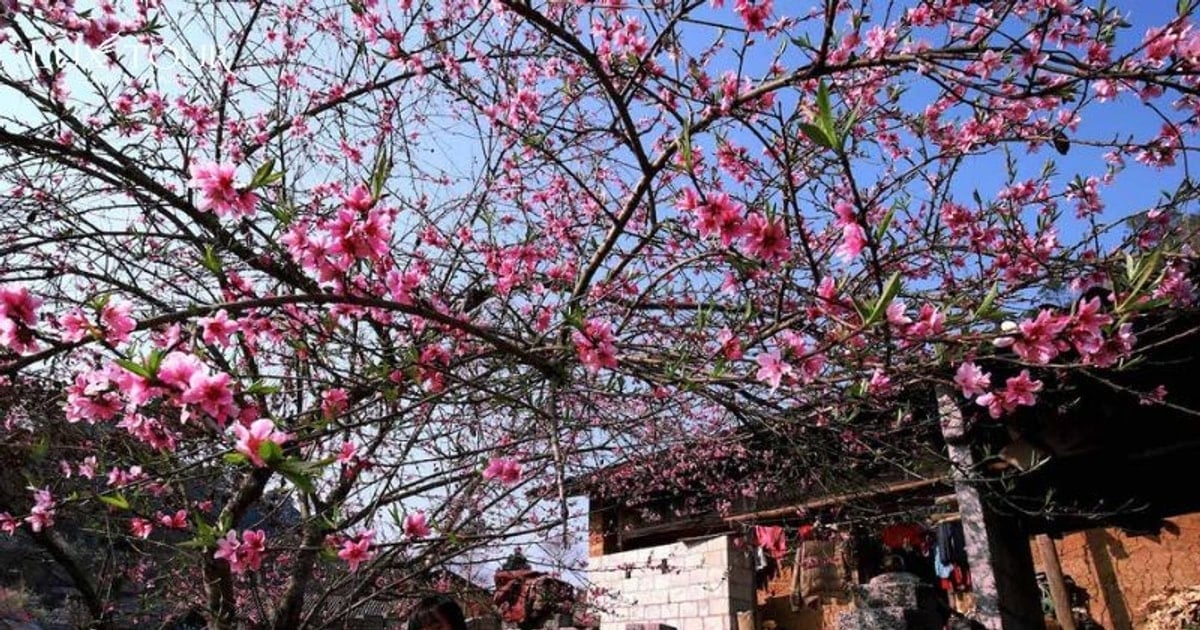

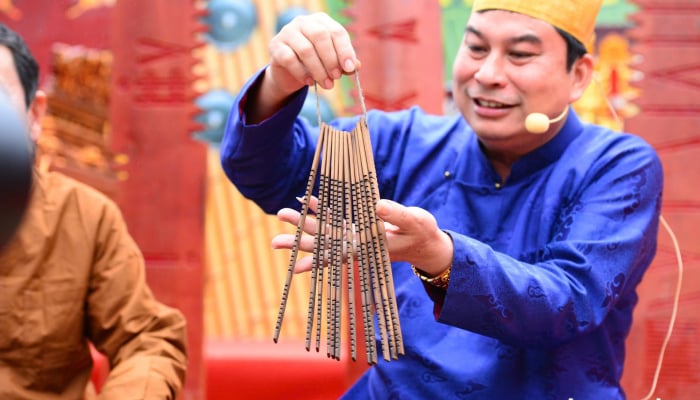

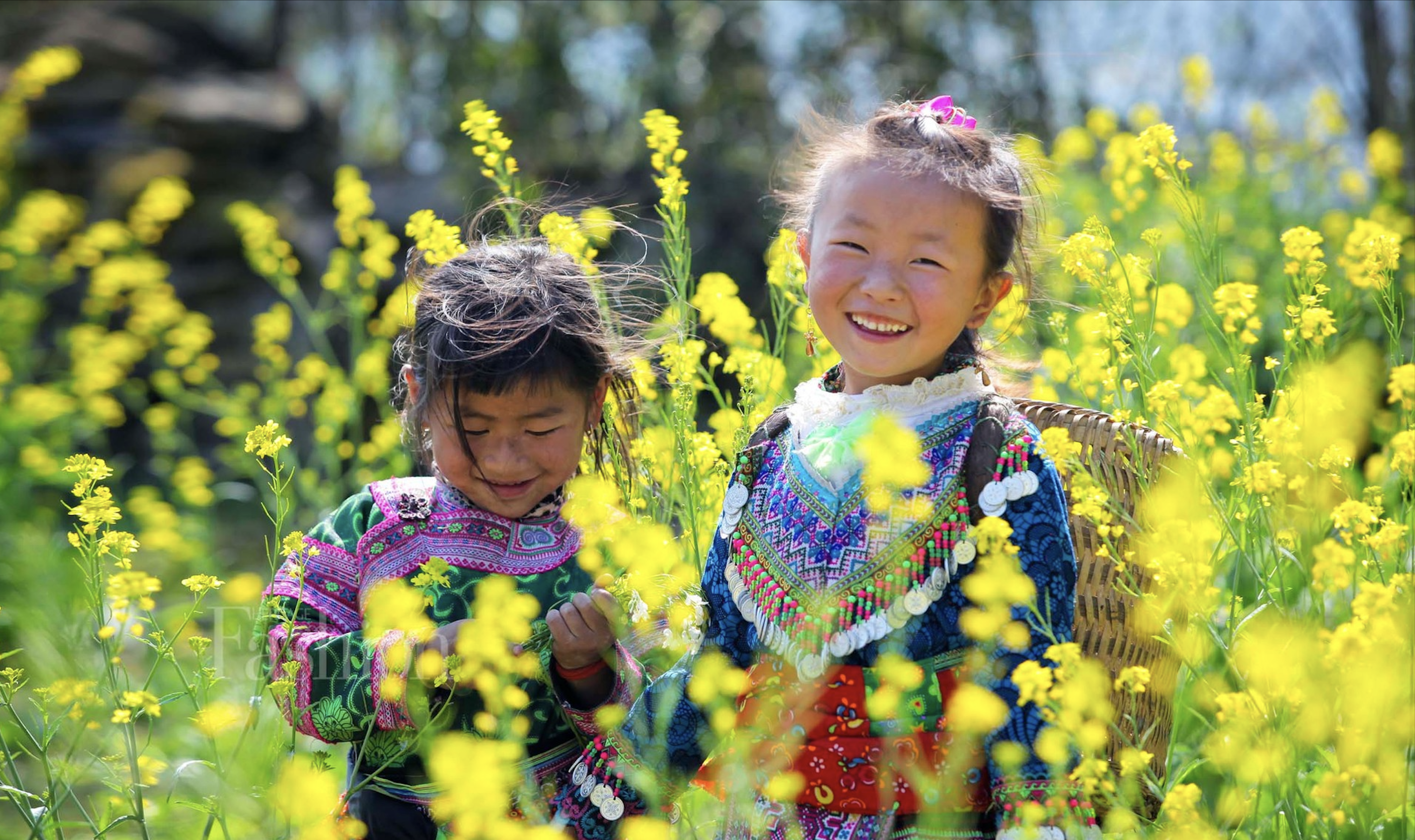

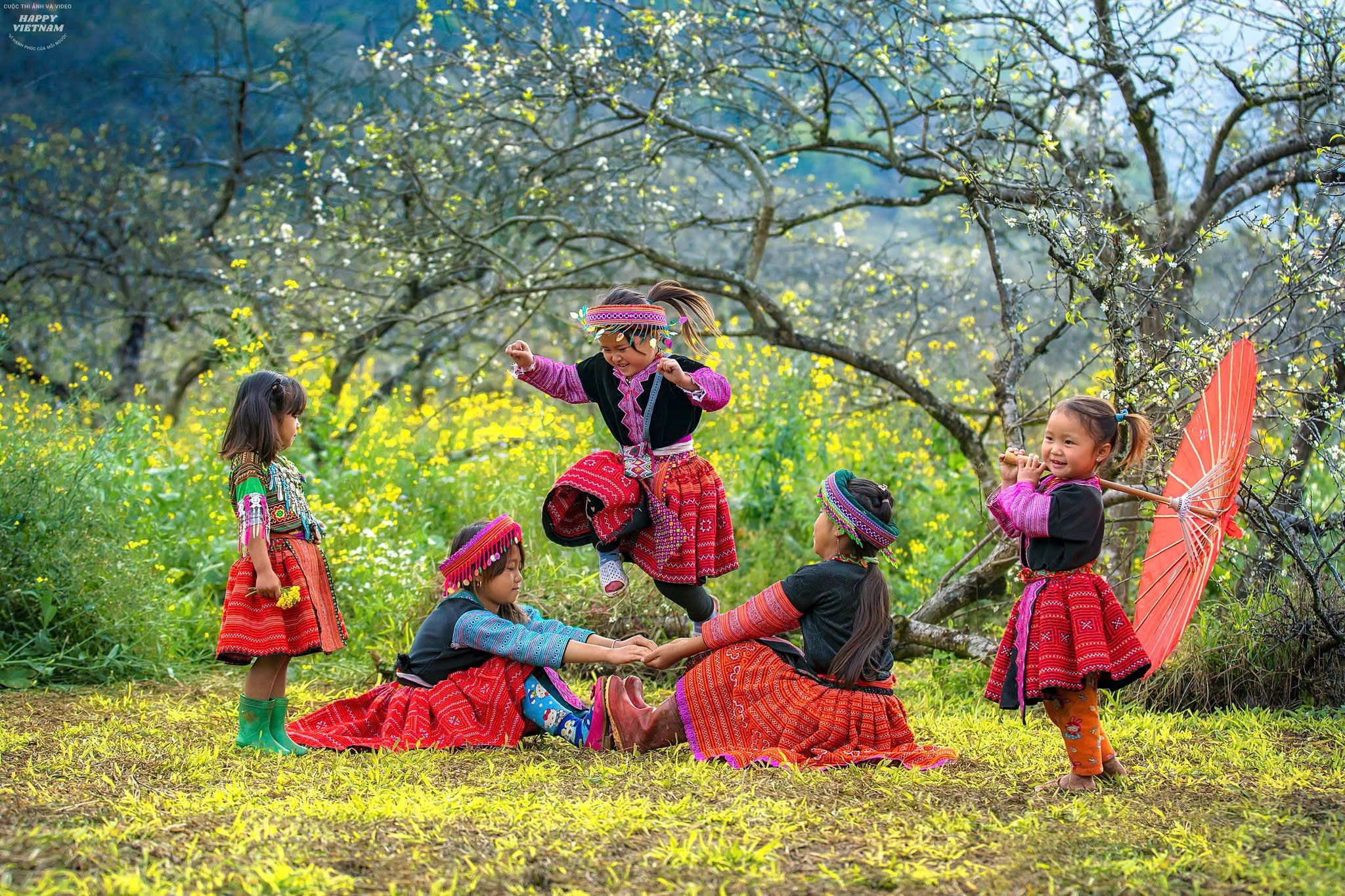
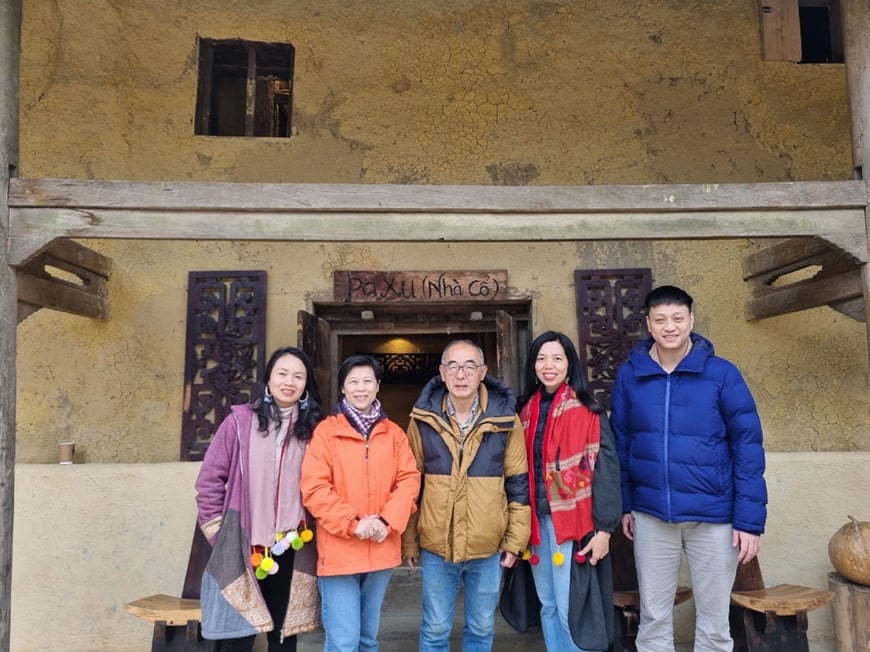

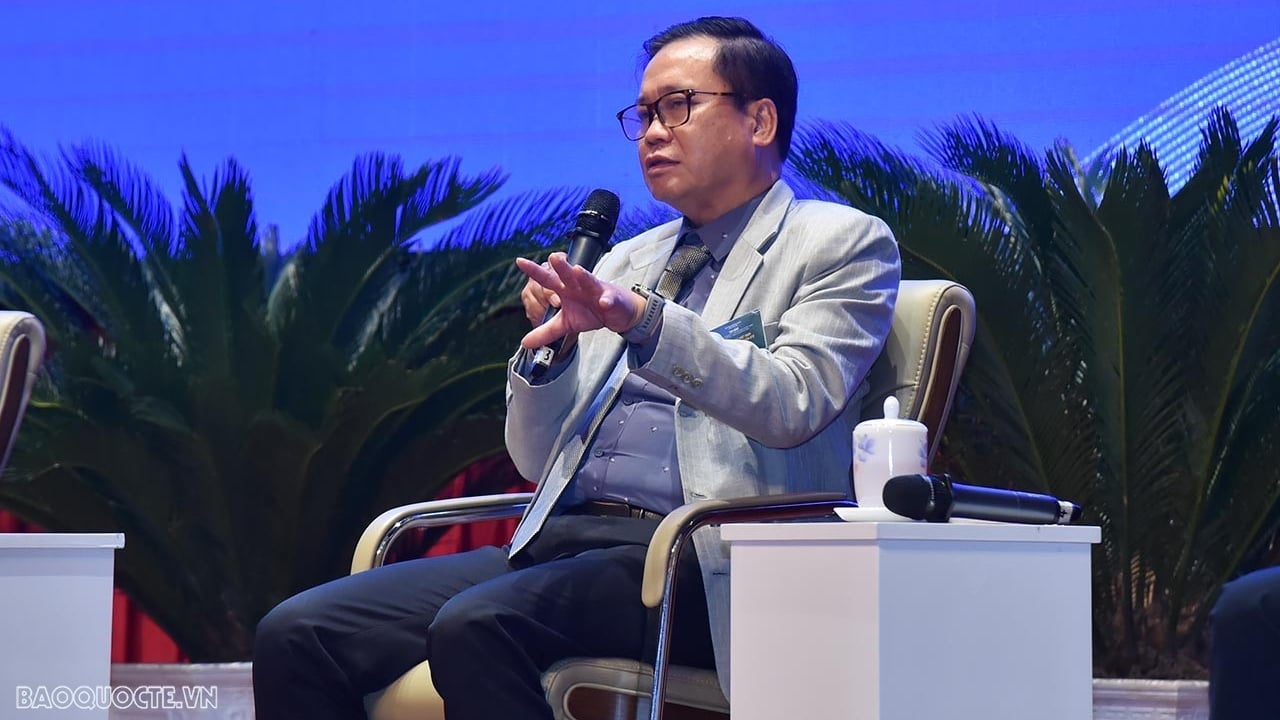
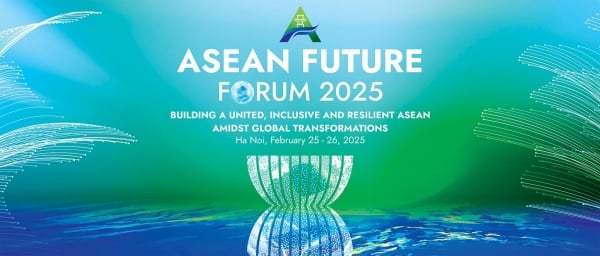
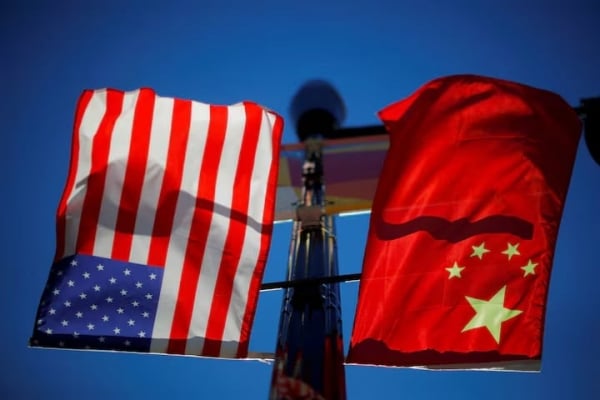
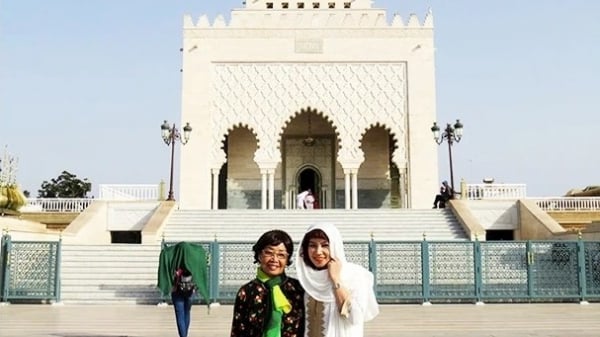


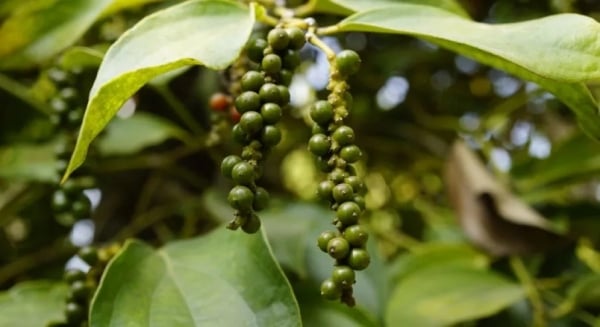



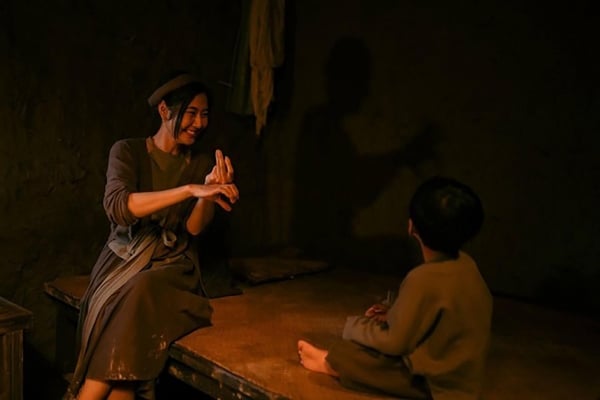


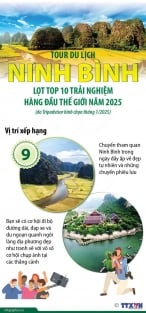
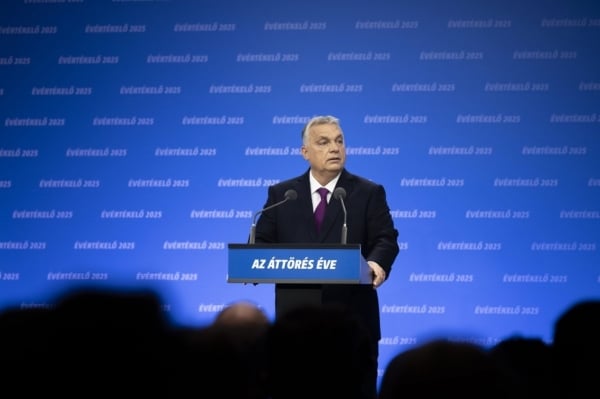







![[Photo] Prime Minister Pham Minh Chinh chairs Government Conference with localities on economic growth](https://vstatic.vietnam.vn/vietnam/resource/IMAGE/2025/2/21/f34583484f2643a2a2b72168a0d64baa)



























































Comment (0)